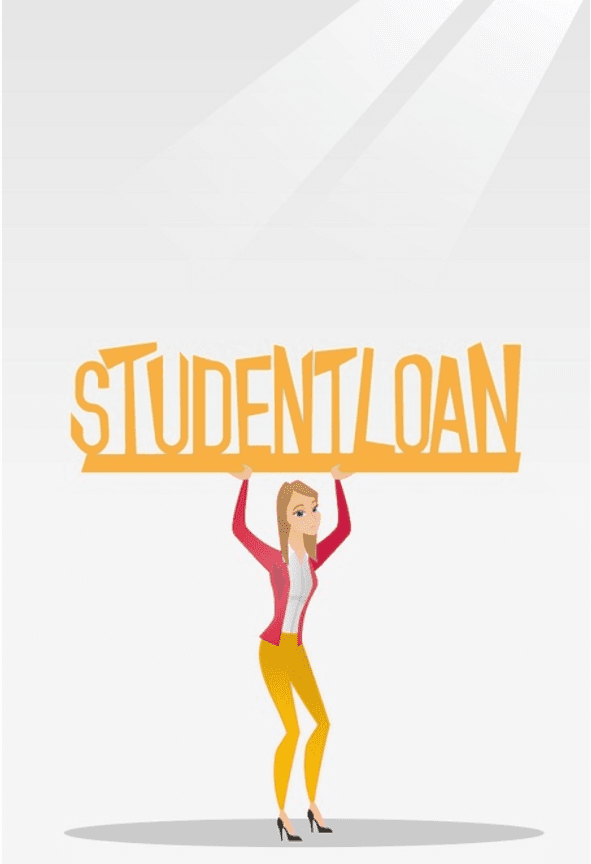Problems with debt–and especially student loan debt–can seem overwhelming, to say the very least. Major financial issues tend to escalate today due to a short list of problems: illness, injury, unemployment, divorce, credit card debt, and those student loans. Unfortunately, while one of these problems seems bad enough on its own—it may also be accompanied by some of the other issues too. Illness or injury may lead to lack of income or even unemployment, which in turn may lead to an over-reliance on credit cards. Often, divorce is already happening or becomes imminent due to personal issues coupled with financial strife. The key is to find the best solution that works for you. As you begin examining your options in bankruptcy, be sure to consult with an experienced law firm like Fitzgerald & Campbell, APLC.
While there are numerous reasons you may be filing for either Chapter 7 or Chapter 13 bankruptcy, that student loan debt may a serious one. Historically, however, it has been very hard to see student loans discharged in bankruptcy. Most of us have the heard the extreme stories of student loan borrowers in very difficult circumstances who were denied discharge of student loans for undue hardship. Certainly, so many denials in the past have discouraged others from even attempting. Now though it seems that some borrowers are coming up with a new—and potentially effective—argument.
According to a recent article in the Wall Street Journal, some borrowers are taking bankruptcy code wording to task, and as a result, several have been able to see their private student loans discharged. Placing a focus on wording regarding discharges in that they cannot be made for loans for ‘educational benefit,’ these borrowers have been able to prove that their burdensome loans were not actually approved for such a thing. They have cited lack of educational benefit in such instances where their schools were not accredited or where they needed the loan for something more peripheral like study courses for a bar exam.
Obviously, most student loan borrowers hoping for a hardship discharge will not fit into this type of category. The article points out that in fact only about ten percent of borrowers take out loans that could be construed as of no educational benefit. One example cited where a student loan borrower won their case for a discharge was in arguing that the learning institution had been remiss in not letting her know that they were not accredited—meaning she could not take her medical exams in certain areas of the country.
More conventional student loan borrowers are beginning to press for discharges due to financial hardship now too; in fact, regarding a recent case (still pending) where a borrower simply does not have the professional income to pay back student loans, a Navient spokesperson commented that they continue ‘to support reform that would allow federal and private student loans to be dischargeable in bankruptcy for those who have made a good-faith effort to repay their student loans.’ As borrowers and servicers continue to work toward and encourage changes in bankruptcy laws, people of all ages in the US could find great financial relief.

If you are concerned about student loan debt, contact Fitzgerald & Campbell, APLC now. Our experienced student loan debt attorneys will be glad to review your case and discuss all the available options with you.
Our attorneys have decades of experience in serving clients as they navigate through challenging financial situations, to include student loan issues, bankruptcy and other debt management processes. Let us review your case and discuss what would work best for you. We are here to help! Call us today for a free consultation at (844) 431-3851, or email us at info@debtorprotectors.com.

